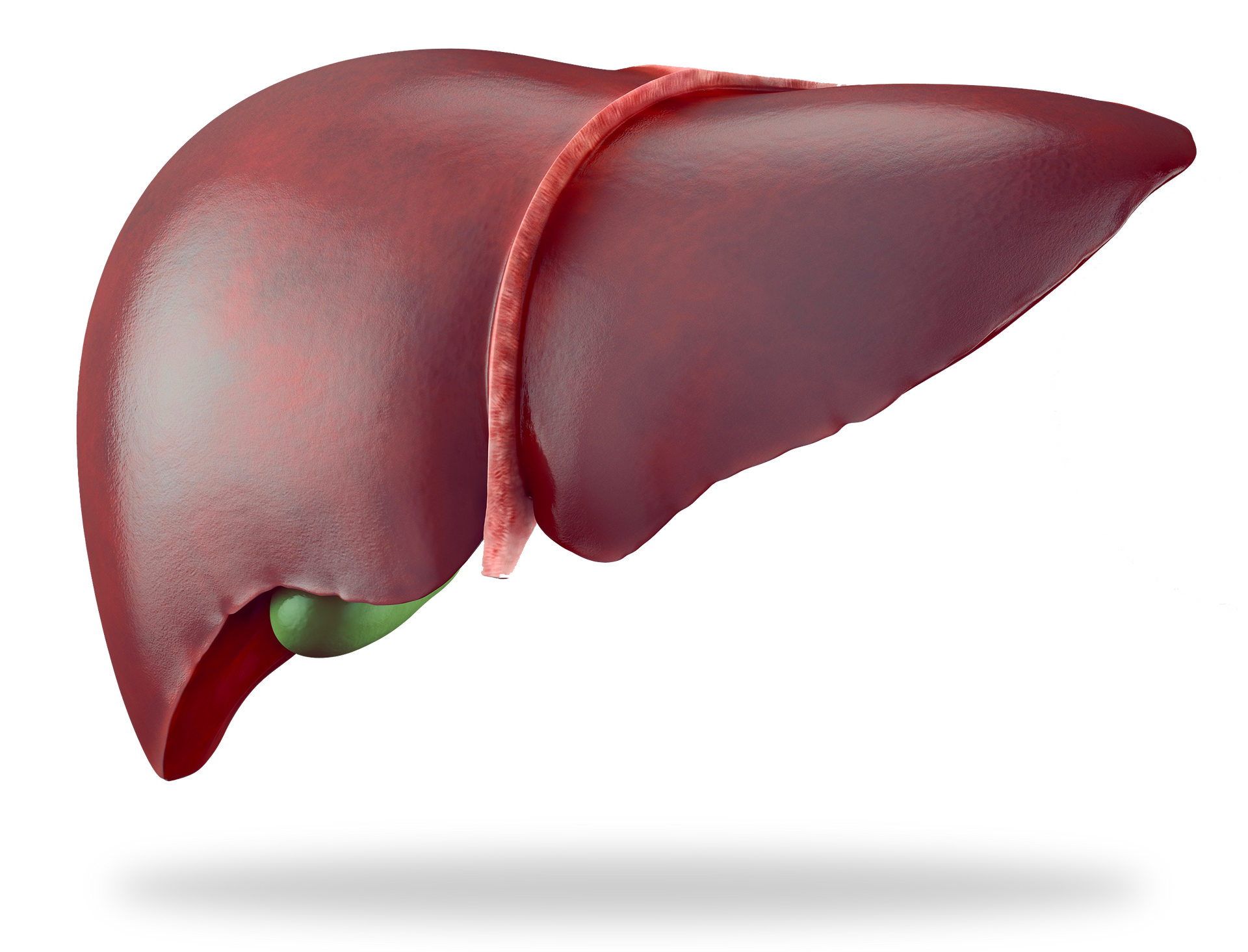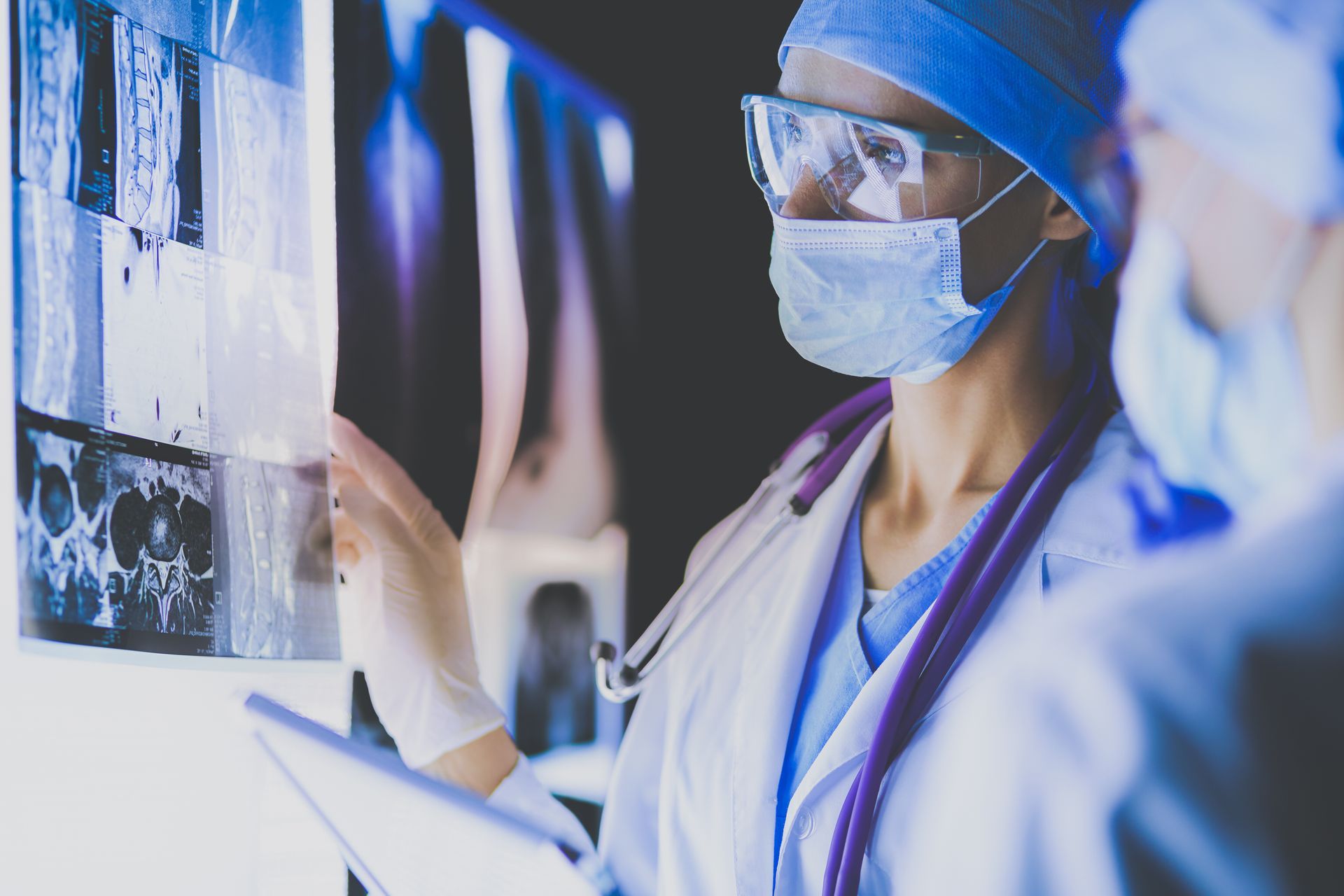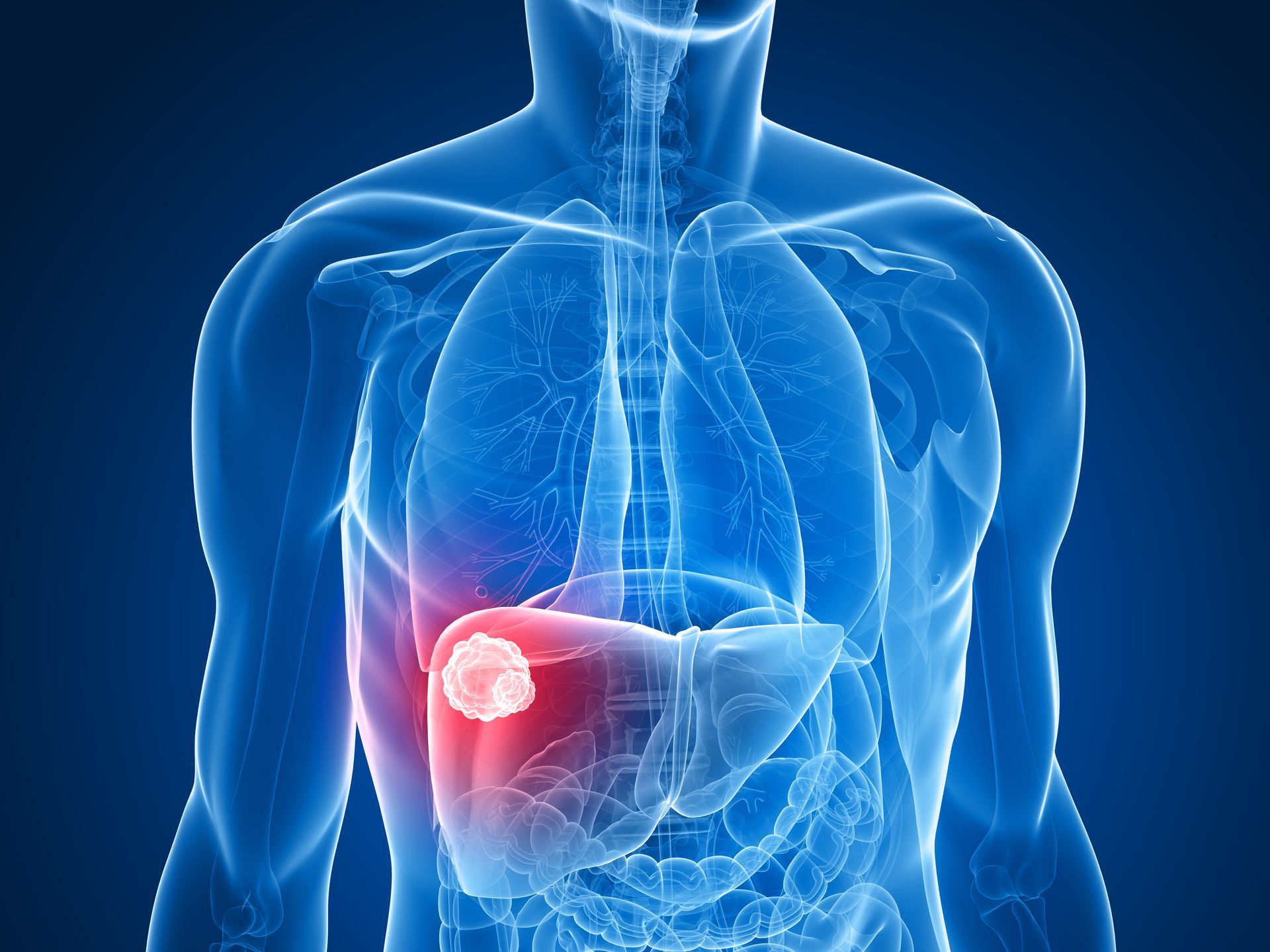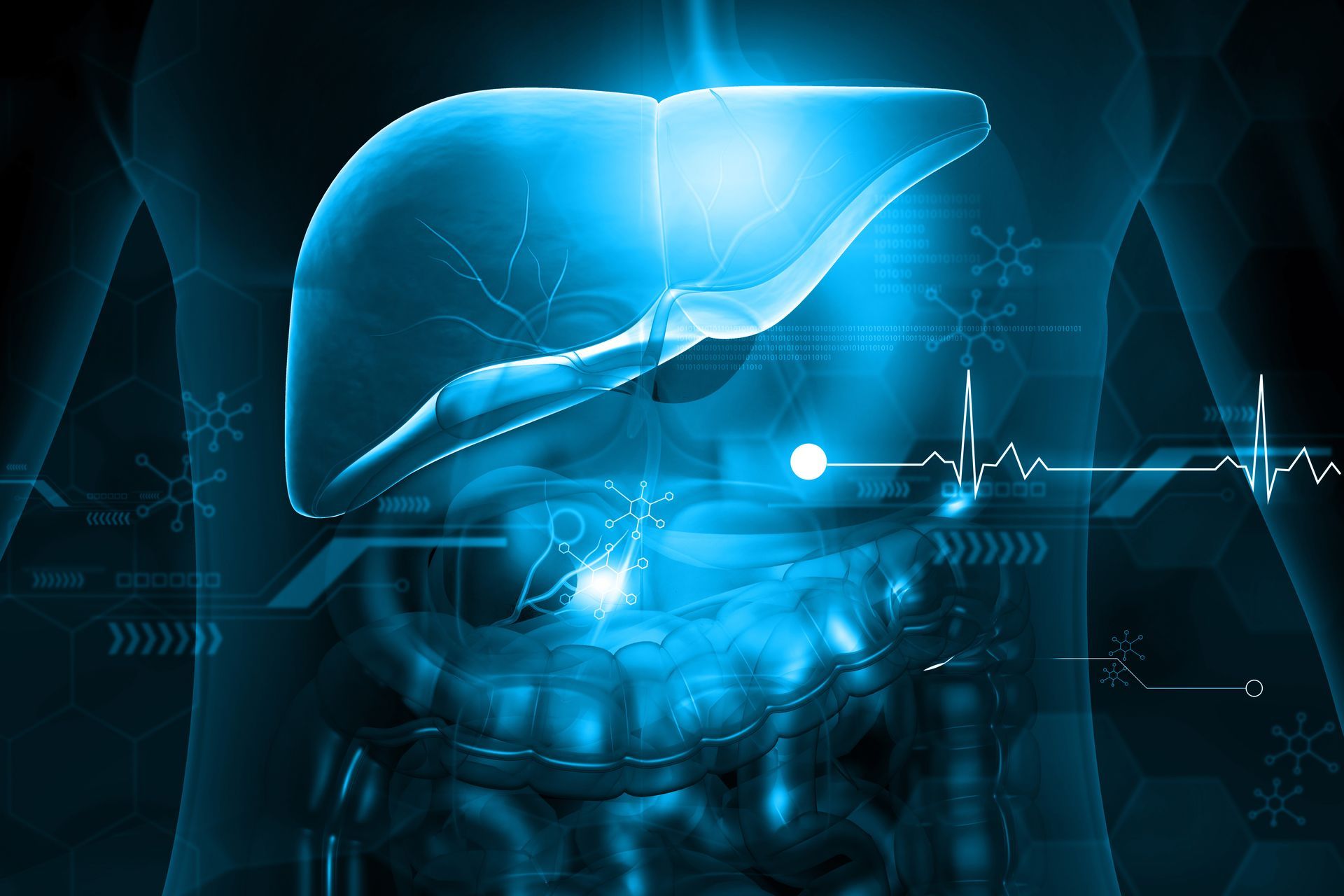LIVER INSTITUTE
Specialized Unit in Liver Diseases Management- Pitié Salpêtrière Hospital, Assistance Publique-Hôpitaux de Paris (Paris Public Hospitals)

Once upon... a liver
The liver is a vital organ in your body, responsible for many essential functions, such as detoxifying harmful substances, producing essential proteins, and storing vitamins and nutrients. It also plays an important role in digestion by producing bile, which helps break down fats. Without a healthy liver, your body cannot perform these functions properly, and your overall health can be negatively affected. Because the liver has a remarkable ability to regenerate, it can often recover from minor damage.
However, when it is subjected to continuous damage, as in the case of chronic liver diseases, its functions can be impaired, leading to serious health consequences.
The different liver pathologies
Steatosis, also known as fatty liver, is a condition in which excess fat accumulates in liver cells. There are two main types of fatty liver disease: non-alcoholic fatty liver disease (NAFLD) and alcoholic fatty liver disease. NAFLD is more common and often linked to obesity, type 2 diabetes, and high cholesterol levels.
While the liver is an organ capable of regenerating itself, it can also retain scars in the event of chronic aggression and form fibrosis. This "fibrosis" or scar tissue, associated with regeneration nodules, which draw a bumpy outline on the organ, alter its function and, after a few years, lead to the development of cirrhosis.
Liver cancer is the 5th leading cause of cancer worldwide, and diagnosis is (unfortunately) often delayed. Early diagnosis is essential, and the Liver Institute helps address these challenges with its Rapid Screening Center.
The liver is an incredibly complex organ, responsible for many essential tasks for the functioning of our body. It filters blood, helps digest fats, produces substances necessary for blood clotting, and detoxifies harmful substances. It also plays a key role in drug metabolism.
Patient pathways
within the liver institute
When it comes to liver disease and its treatment, the patient pathway is of great importance. It will allow you, as a patient, to personalize your care pathway, from assessment to RCP, from hospitalization to consultations with internal or external specialists, the patient pathway allows you to better manage all phases of the disease.
Center of
liver transplant
The Liver Transplantation Center of the Liver Institute combines diagnostic activities for liver diseases and tumors, medical and surgical care and provides second-line center activity on a national and international scale.

Organ Donation,
a link that concerns us all
To give new life to patients waiting for an organ, encouraging donation is essential. In the name of national solidarity, the law states that we are all organ and tissue donors, unless we have expressed our refusal to be removed during our lifetime; this is the principle of presumed consent.
LIVER INSTITUTE
Specialized liver service
Salpétrière Hospital, Paris Public Hospitals Assistance
Sorbonne University







